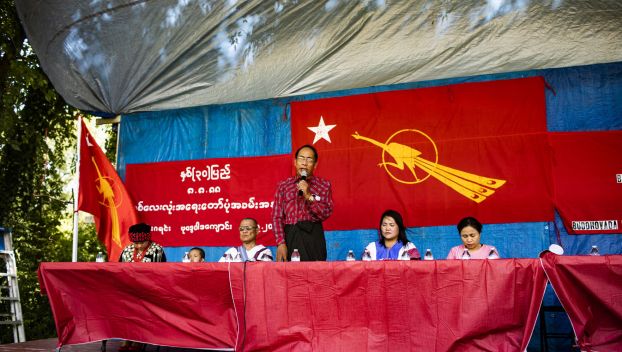
News
Myanmar’s uprising unfinished
At just 17 years old, Mya Zaw witnessed the beginning of a revolution in Myanmar. Hundreds of thousands ... Read more

At just 17 years old, Mya Zaw witnessed the beginning of a revolution in Myanmar. Hundreds of thousands ... Read more